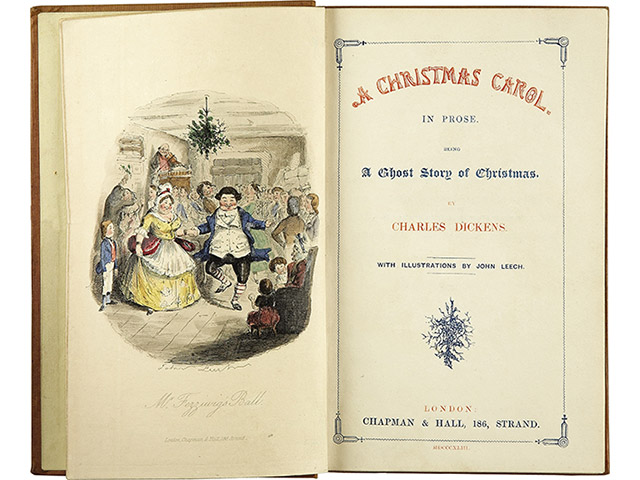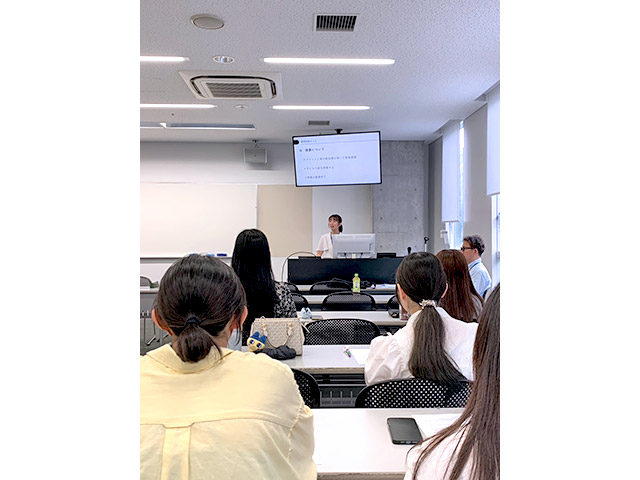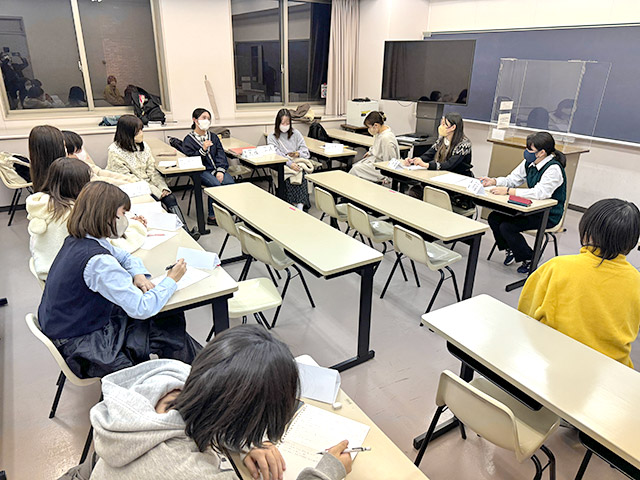Why do we say “Merry Christmas”?
2022/12/21
Michael Brown / ブラウン・マイケル
Happy New Year – Happy Birthday – Happy Anniversary – MERRY Christmas?
For most special occasions, we say “Happy —”, but for Christmas, we often say “Merry Christmas”. Why do we say “Merry Christmas”?
The earliest records of “Merry Christmas” as a phrase are from the 1500s. The meaning of “merry” was “pleasant”. However, the phrase was not very common.
Christmas was not always a festive holiday, but in the 1800s big changes happened to Christmas traditions in England and it became very festive. The meaning of “merry” had changed, too. The new meaning was “jolly” or “very happy”.
In 1843, one of England’s most famous authors, Charles Dickens, wrote a book called A Christmas Carol. It is a Christmas ghost story about a rich old man who learns to be less greedy and more generous. The phrase “Merry Christmas” is featured in the book.
The book was a huge hit. Because the story was so popular, “Merry Christmas” became a popular phrase.
In the class Core Studies (Basic), the students and I are reading A Christmas Carol, which remains popular and has been made into many plays, operas, movies, and so on. We also are learning about the social changes happening in England in Dickens’ time, and how the book has affected holiday traditions and the English language today – including, of course, “Merry Christmas”.
Reference: Cochrane, R. (1996). Wordplay: origins, meanings, and usage of the English language. University of Toronto Press.



